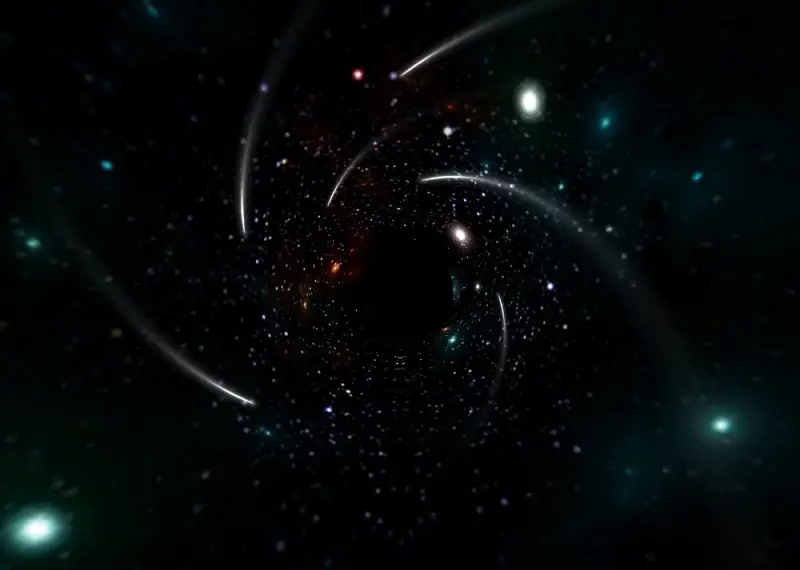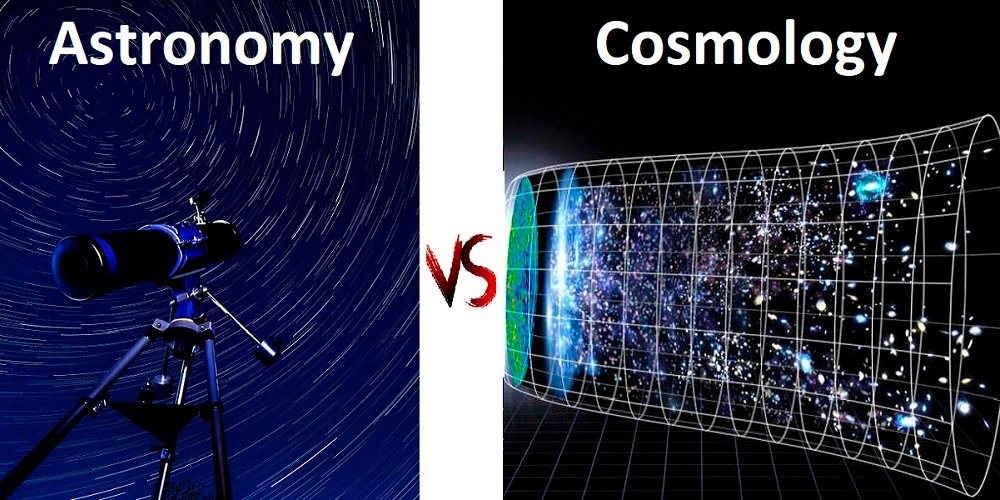Difference Between Astronomy and Cosmology
On hearing these two words, people often mistakenly think they are the same thing due to their relation with space. But there’s a difference between astronomy and cosmology.
Although they both deal with the study of space, they have different approaches. Here we’ll discuss and explore cosmology vs. astronomy so that you won’t mix them up.
What Is Astronomy?

Astronomy is an ancient science. The oldest form of astronomy was people using the stars and their positions to explain seasons and using them for direction.
With considerable advancements in technology, astronomy has increased in scope, but the principle is essentially the same.
Using either radio waves or by using telescopes, celestial bodies are observed and their patterns recorded. From this, we can infer their distance from us.
Astronomy can be used to predict when eclipses can occur or if a particular comet will zoom past planet Earth or not.
With the advent of probes and automated rovers, studying foreign planets’ minerals and geological characteristics is possible. This helps to understand whether a planet is habitable or not.
What Is Cosmology?

Cosmology is a more recent subject compared to astronomy, with massive breakthroughs in the 20th and 21st Centuries.
In particular, this subject focuses on understanding the Big Bang phenomena, which is a giant explosion that resulted in the creation of the universe.
A lot of cosmology is focused on answering questions related to this, with the Big Bang Theory and String Theory consistently being studied.
As it can be inferred, this is an entirely theoretical subject with complicated mathematics and equations.
These help to understand the nature of the universe itself and help to answer what the possible fate of the universe is.
Some theories suggest that the universe keeps on expanding with no end in sight, while others say that it will keep expanding until reaching a breaking point and start collapsing.
Key Differences Between Astronomy and Cosmology

These two subjects or principles both deal with space. Astronomy deals with celestial bodies and their various characteristics.
Astronomers study planets, comets, stars, and moons, often recording their movement and position. It is primarily an observational science making use of telescopes to spot celestial bodies and track them.
Cosmology also deals with space, but instead of dealing with separate individual stars or planets, it focuses on the universe as a whole.
In particular, cosmology deals with the nature of the universe, explaining the big bang and how the universe came to be, and how the universe might end.
Some of Our Articles You May Want to Read:
A Comparison Table: Astronomy Vs. Cosmology
| Parameters of Comparison | Astronomy | Cosmology |
| Focuses on | Individual celestial bodies such as planets, stars, and comets | The universe as a whole and the nature of the universe |
| Is Studied Via | Radio waves and observational data from planets or stars are the primary ways in which astrologists study this subject | Cosmologists work in a primarily academic field to come up with theories to explain different phenomena |
| Study Consists of | Astronomy is done mostly via observational study and tracks patterns of celestial bodies | Cosmology is almost a fully theoretical subject that brings forth theories to explain the creation and fate of the universe |
| Related Subjects | Astronomy has links with geology, especially when studying foreign planets and trying to understand their mineral composition | Quantum physics is heavily tied in with cosmology. Several theories such as the theory of relativity are key to explaining some of the universe’s workings |
| Aims to Answer | Whether a planet is suitable for human habitation or not. It also helps to predict astronomical events like eclipses and meteor showers | What caused the universe to come into existence, and how will it end or whether it will continue expanding |
Key Takeaways
- Both Astronomy and Cosmology study different aspects of space.
- Both subjects have seen massive advancements due to new theories and technology introduced in the 21st
- Astronomy seeks to recognize patterns of celestial bodies and predict events like eclipses.
- Cosmology studies the nature of the universe and tries to explain the Big Bang.
Conclusion
To summarize the cosmology vs. astronomy comparison, astronomy deals with individual celestial bodies and is mostly an observational science.
While cosmology is purely theoretical, it tries to explain the nature of the universe through theories such as the Big Bang Theory and String Theory.





